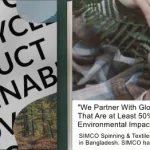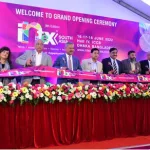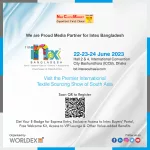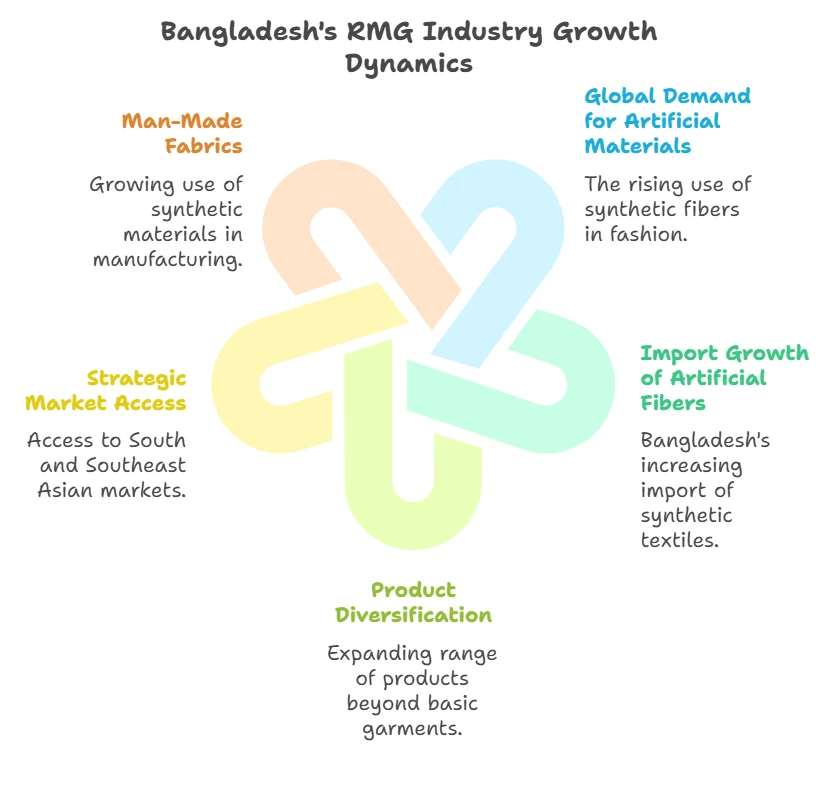 Bangladesh’s Ready-Made Garment (RMG) and textile sector offers significant investment opportunities, driven by its strategic location in South Asia, connecting major markets like India, China, and ASEAN countries. The country’s robust economic growth, with a 7% CAGR over five years, positions it as one of the world’s fastest-growing economies, expected to rank 25th globally by 2035. A growing middle and affluent class, projected to reach 34 million by 2025, further strengthens domestic demand. Recognized as a “Next-11” country, Bangladesh’s economic potential is underscored by its BB- credit rating and the expansion plans of 70% of Japanese companies operating within its borders.
Bangladesh’s Ready-Made Garment (RMG) and textile sector offers significant investment opportunities, driven by its strategic location in South Asia, connecting major markets like India, China, and ASEAN countries. The country’s robust economic growth, with a 7% CAGR over five years, positions it as one of the world’s fastest-growing economies, expected to rank 25th globally by 2035. A growing middle and affluent class, projected to reach 34 million by 2025, further strengthens domestic demand. Recognized as a “Next-11” country, Bangladesh’s economic potential is underscored by its BB- credit rating and the expansion plans of 70% of Japanese companies operating within its borders.
The RMG sector plays a pivotal role in Bangladesh’s economy, exporting to over 150 countries and contributing 16% to the GDP. As the world’s third-largest apparel industry, Bangladesh prioritizes sustainability, boasting the highest number of LEED-certified factories globally (150). Its commitment to ethical manufacturing and world-class safety standards has earned it the second-highest ranking in ethical manufacturing. The sector’s impressive growth is reflected in the tripling of RMG exports between 2008 and 2018, reaching USD 27.4 billion and capturing 6.30% of the global market in December 2020.
The increasing global reliance on artificial materials in fashion, projected to account for 98% of future fiber demand growth, presents a significant opportunity for Bangladesh. The country’s import of artificial fibers has grown steadily, with a CAGR of 8% between 2015 and 2019. While basic products like shirts, trousers, T-shirts, jackets, and sweaters currently comprise 73% of RMG exports, Bangladesh is actively diversifying its product range and encouraging investments in new areas. Its strategic location provides access to the vast South and Southeast Asian markets, and the growing use of man-made fabrics in garment manufacturing further expands opportunities for textile producers.
Bangladesh’s RMG industry benefits from vertical integration, encompassing textile, spinning, and packaging industries. Competitive wages for skilled workers and specialized educational institutes catering to the sector enhance its competitiveness. Many renowned international clothing brands source directly from Bangladesh, and the country enjoys duty-free access to 52 countries, including major markets like the EU, Australia, Japan, Canada, and China. Membership in regional trade agreements like SAPTA, SAFTA, APTA, and BIMSTEC further strengthens Bangladesh’s trade position.
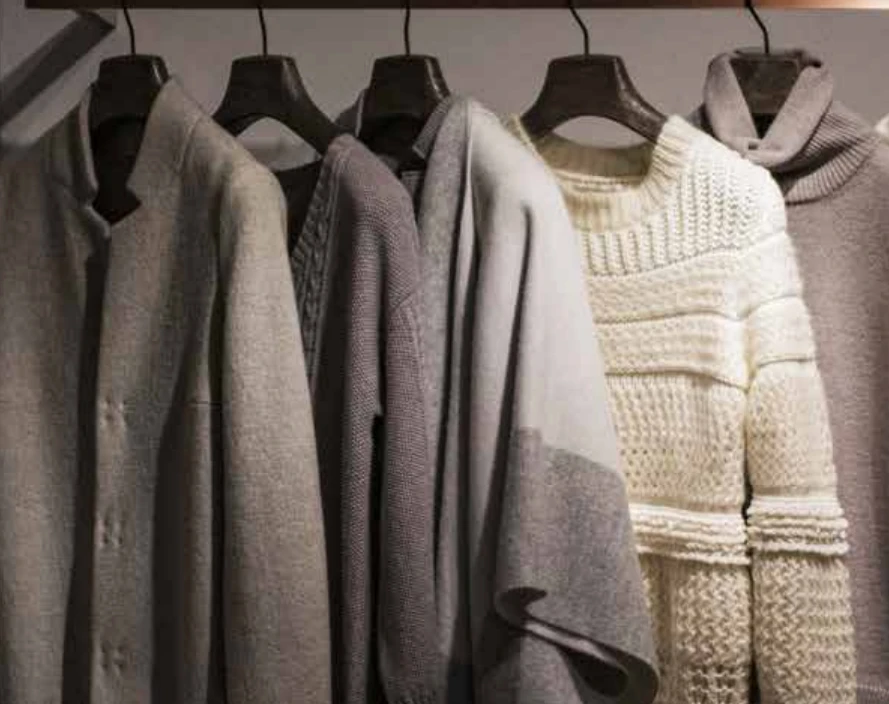
Government support through various incentives and policies further bolsters the sector. Fiscal incentives include special income tax rates for RMG factories with (10%) and without (12%) green building certification. Export-oriented factories benefit from duty-free raw material imports under the bonded warehousing facility, and a reduced TDS rate (0.5%) applies to export earnings. Newly established firms are eligible for phased tax exemptions for up to 10 years. These incentives, combined with the sector’s inherent strengths, make Bangladesh an attractive investment destination for the RMG and textile industry. The Bangladesh Investment Development Authority (BIDA) provides further information and support for potential investors.

